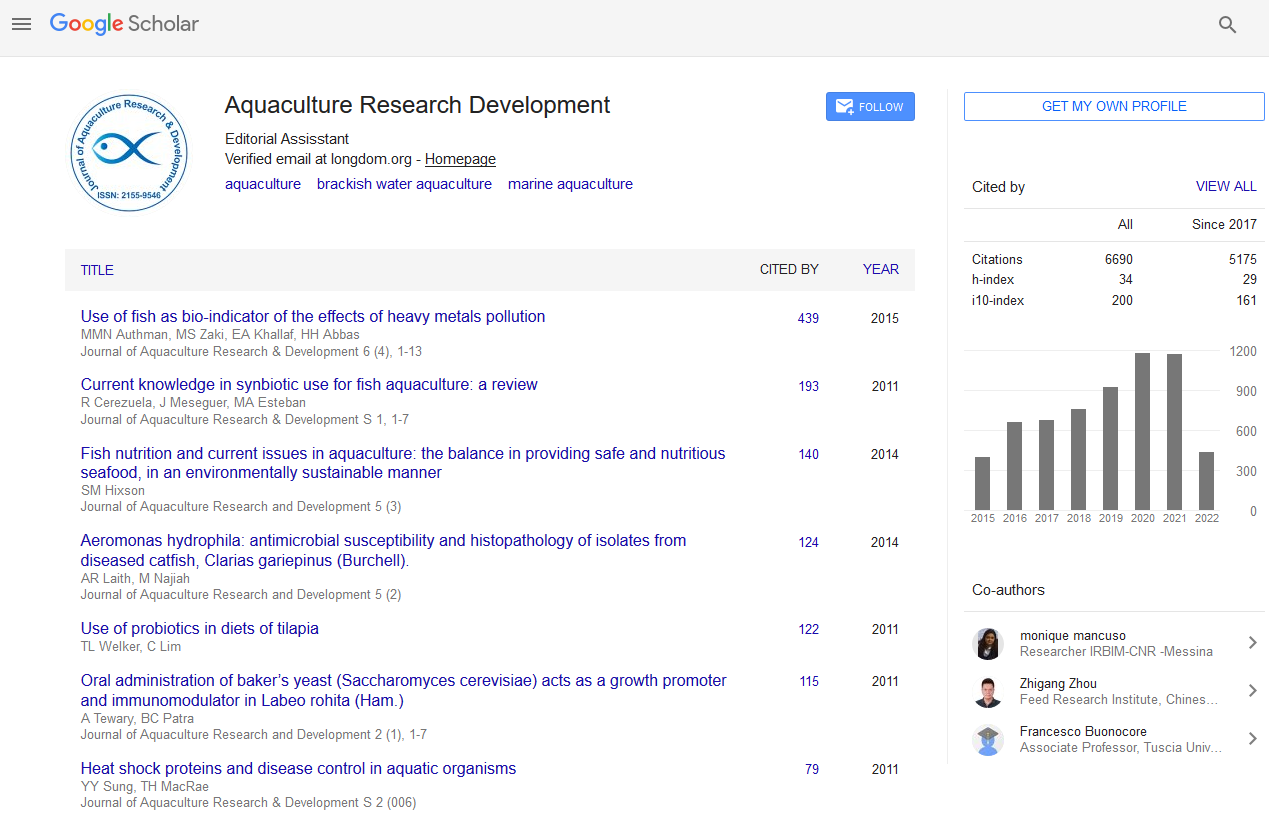PMC/PubMed Indexed Articles
Indexed In
- Online Access to Research in the Environment (OARE)
- Open J Gate
- Genamics JournalSeek
- JournalTOCs
- Scimago
- Ulrich's Periodicals Directory
- Access to Global Online Research in Agriculture (AGORA)
- Electronic Journals Library
- Centre for Agriculture and Biosciences International (CABI)
- RefSeek
- Directory of Research Journal Indexing (DRJI)
- Hamdard University
- EBSCO A-Z
- OCLC- WorldCat
- Scholarsteer
- SWB online catalog
- Virtual Library of Biology (vifabio)
- Publons
- MIAR
- University Grants Commission
- Euro Pub
- Google Scholar
Useful Links
Share This Page
Journal Flyer

Open Access Journals
- Agri and Aquaculture
- Biochemistry
- Bioinformatics & Systems Biology
- Business & Management
- Chemistry
- Clinical Sciences
- Engineering
- Food & Nutrition
- General Science
- Genetics & Molecular Biology
- Immunology & Microbiology
- Medical Sciences
- Neuroscience & Psychology
- Nursing & Health Care
- Pharmaceutical Sciences
Increasing yield by managing aquatic microbiological communities
International Conference on Aquaculture & Fisheries
July 20-22, 2015 Brisbane, Australia
Mike Moore
ScientificTracks Abstracts-Workshop: J Aquac Res Development
Abstract:
Where there is water there is bacteria. Determining the dominant species of bacteria and their role in your aquatic community is critical to improving cultural conditions and reducing susceptibility to disease and opportunistic pathogens. Whether you grow extensively, intensively, biofloc, or not, understanding the importance of managing your microbiology is paramount to the health and development of your crop. If you desire improved feed conversion, growth, and yield, and/or improved water quality, reduced organic load, environmental contamination, and bad odors, managing your microbial community can be the solution. Increasing yield and profits is most easily accomplished when you understand your microbiological conditions and utilize the appropriate species to improve cultural practices. Don?t leave your microbiological community to chance.
Biography :
Mike Moore is an accomplished aquatic biologist with international experience in shrimp and finfish culture. He works for Keeton Industries, Incorporated, the manufacturer of aquaculture?s finest microbial products. He has worked for governmental and private organizations for 20 years, improving processes and production in the United States and internationally.


